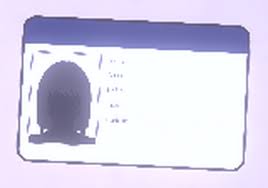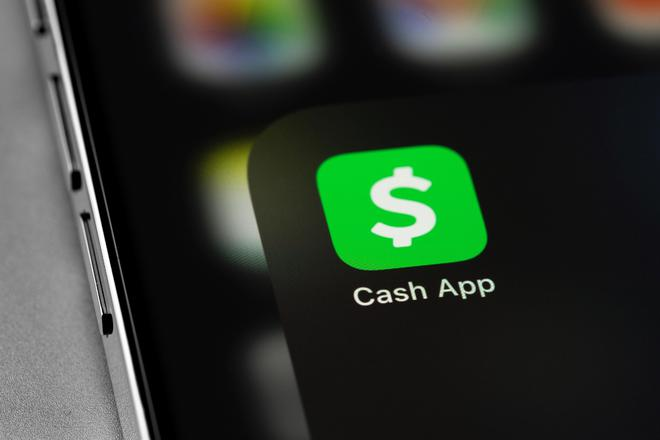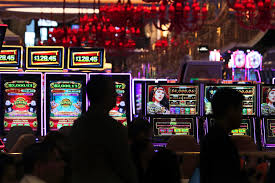Connecticut Fake ID
Introduction
The rise of fake identification in the U.S., particularly in states like Connecticut, is a complex phenomenon that brings together technology, security, and the legal system. This article provides an in-depth look at the Connecticut fake ID market, examining the demand, production methods, security features, and the consequences of owning or distributing counterfeit identification.
1. Background: Understanding the Fake ID Phenomenon
Fake IDs have been a problem for decades, primarily used by underage individuals seeking access to age-restricted venues and products. The technology behind fake ID production has evolved significantly, leading to more sophisticated methods for creating counterfeit documents. While the Connecticut DMV (Department of Motor Vehicles) continues to improve security measures, the counterfeit market has simultaneously advanced.
1.1 History of Fake IDs in Connecticut
Historically, fake IDs were less advanced and easier to detect. The modern era, however, has brought about a wave of high-quality counterfeits, often utilizing advanced printing technology, RFID chips, and holograms to mimic authentic IDs closely.
1.2 The Evolution of ID Security Measures in Connecticut
Connecticut, like many states, has introduced several layers of security features on its driver's licenses to combat counterfeiters. These include:
- Holographic images
- Microprinting
- UV ink
- RFID chips and magnetic stripes
- Enhanced card durability
Despite these measures, counterfeiters continue to adapt, making the Connecticut market for fake IDs both competitive and high-risk.
2. The Features of a Connecticut Fake ID
Fake IDs intended to replicate Connecticut driver’s licenses must adhere to a set of features that can deceive scanners and bouncers at bars, clubs, and liquor stores. Below is a detailed look at the primary features counterfeiters aim to replicate when producing a Connecticut fake ID.
2.1 Visual Components
- Holographic overlay: Connecticut uses a state-specific hologram that shifts under light. Sophisticated fake IDs often use a low-grade holographic sticker to mimic this effect.
- UV Ink and Patterns: The hidden features on a Connecticut ID include UV patterns only visible under blacklight. High-quality counterfeit IDs attempt to replicate these using specialized printing techniques.
- Photographic Quality: The use of high-resolution photographs is essential for passing visual inspections. Counterfeiters often employ professional editing software to enhance clarity.
2.2 Technical Elements
- Magnetic Stripe Encoding: Many bars and establishments in Connecticut have scanners that read the magnetic stripes on driver’s licenses. Successful fake IDs need to encode this information accurately.
- RFID and Barcode Replication: Connecticut IDs include both barcodes and, in some cases, RFID chips. While barcodes are easier to replicate, RFID chips require specialized hardware that only advanced counterfeiters possess.
2.3 Material and Durability
A high-quality fake ID needs to mimic the feel and durability of real driver’s licenses. Connecticut IDs use a polycarbonate substrate that gives them rigidity and wear-resistance, a characteristic difficult to imitate. Some counterfeits use PVC materials that can fool casual inspectors but wear down quickly.
3. The Market for Connecticut Fake IDs
Understanding the market dynamics of Connecticut fake IDs involves exploring both the demand side (buyers) and the supply side (producers). While Connecticut is a relatively small state, its proximity to large metropolitan areas like New York and Boston, coupled with a substantial college population, makes it a hotspot for fake ID circulation.
3.1 Who is Buying Fake IDs in Connecticut?
- College Students: One of the largest markets for fake IDs in Connecticut includes underage college students attending institutions such as Yale University, University of Connecticut, and Fairfield University. These students often seek fake IDs for access to alcohol and nightlife.
- Young Professionals: Occasionally, young adults in the 18-20 range use fake IDs for convenience, especially in professional networking environments where alcohol is served.
- Out-of-State Buyers: Connecticut’s proximity to major cities means its fake ID market also attracts buyers from neighboring states.
3.2 Who is Producing Connecticut Fake IDs?
- Local Counterfeiters: Smaller, local operations tend to produce lower-quality fake IDs, often limited in scale and sophistication.
- International Producers: A significant portion of high-quality fake IDs comes from overseas, particularly from China. These operations often mass-produce IDs that replicate various states, including Connecticut.
- Online Vendors: Websites on the dark web or hidden corners of the internet openly advertise fake IDs. Many of these vendors offer "Connecticut driver’s license" options with various levels of quality.
3.3 Pricing and Distribution
The cost of a Connecticut fake ID varies based on the quality and source. Lower-end IDs may be as cheap as $50, while high-quality fakes can exceed $200. Distribution typically occurs through encrypted communication platforms like Telegram or email, with payment often in cryptocurrencies like Bitcoin to preserve anonymity.
4. Legal Risks and Consequences of Possessing a Fake ID in Connecticut
While purchasing a fake ID may seem appealing to some, the risks are substantial. Connecticut, like most U.S. states, has strict laws regarding the possession, use, and distribution of counterfeit identification.
4.1 Legal Penalties
- Misdemeanor Charges: In most cases, possessing a fake ID is a misdemeanor in Connecticut, punishable by fines, community service, or short-term imprisonment.
- Felony Charges: Distributing fake IDs, especially across state lines or involving a network of buyers, can result in felony charges. Felony convictions can lead to significant prison sentences and long-term legal consequences.
- License Suspension: If caught using a fake ID, the individual’s real driver’s license may be suspended, further complicating their ability to drive legally.
4.2 Broader Consequences
- Criminal Record: A fake ID charge may leave the individual with a permanent criminal record, impacting future employment opportunities, student loans, and housing.
- Academic Repercussions: College students caught using fake IDs often face disciplinary actions from their universities, which may include suspension or expulsion.
5. Societal Impact and Ethical Considerations
Fake IDs are not merely a legal issue; they also have broader societal implications, including public safety and ethics. The use of counterfeit IDs is often tied to underage drinking, impaired driving, and other risky behaviors that can endanger the lives of others.
5.1 The Role of Establishments in Detection
Bars, clubs, and liquor stores in Connecticut are legally responsible for verifying the authenticity of identification. They are equipped with scanning devices and employ staff trained in recognizing fake IDs. Nonetheless, the sophistication of counterfeit IDs makes this an ongoing challenge.
5.2 The Ethical Debate
Some argue that fake IDs are a harmless rite of passage, while others point out the potential for dangerous outcomes. This section could explore the ethical considerations and why fake IDs contribute to a culture of deception and illegal activities.
6. Future of Fake IDs: Technological Advances and Countermeasures
The future of fake IDs is closely tied to advancements in both technology and security countermeasures. As states like Connecticut continue to implement cutting-edge features, counterfeiters also evolve their methods.
6.1 Innovations in Security Technology
- Biometric Identification: Future driver’s licenses may incorporate biometric data such as fingerprints or facial recognition to prevent duplication.
- Blockchain and Digital IDs: As more states move toward digital driver’s licenses stored on mobile devices, Connecticut may adopt these measures to reduce the likelihood of counterfeiting.
6.2 Counterfeiters' Response
While it is expected that counterfeiters will try to adapt to new security measures, the increasing complexity and cost of replication could eventually make high-quality fake IDs less accessible to casual buyers.
7. Conclusion: The Complex Landscape of Fake IDs in Connecticut
The market for fake IDs in Connecticut, while lucrative for some, is fraught with legal, ethical, and societal risks. As security technology evolves, counterfeiters will continue to seek ways to bypass these measures, making the battle between authentic and fake identification an ongoing challenge.
While this article does not condone the use of illegal identification, it aims to provide a comprehensive overview of the current landscape, giving readers insight into the risks and consequences involved.
 Minnesota Fake ID
Minnesota Fake ID
 Washington Fake ID
Washington Fake ID
 Texas Fake ID
Texas Fake ID
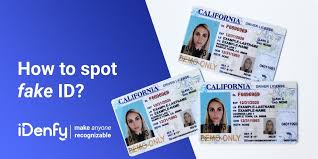 FlorFake IDa Fake ID
FlorFake IDa Fake ID
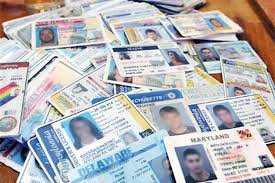 Nebraska Fake ID
Nebraska Fake ID

